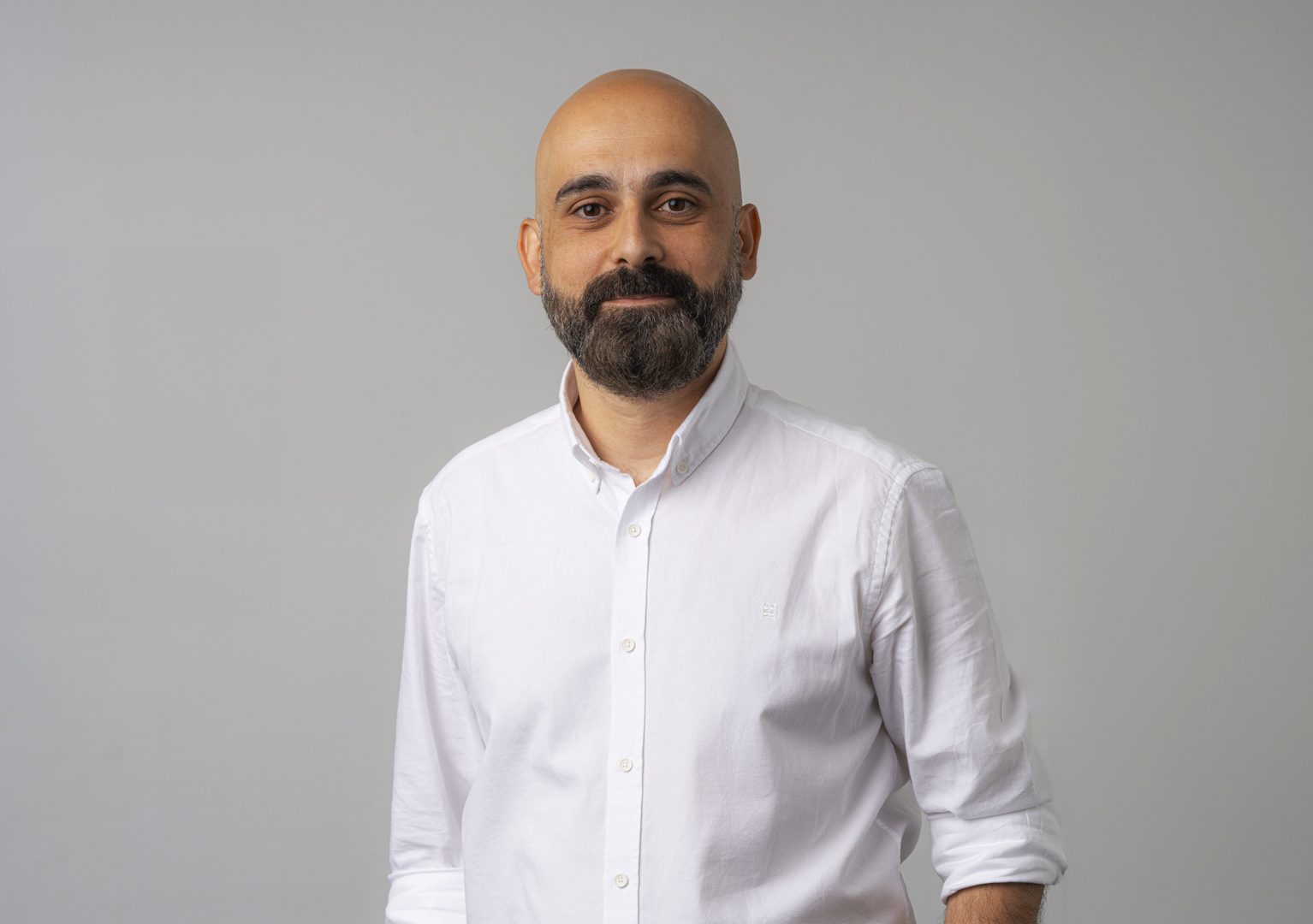Emre Karaman
Research leader

Project title
Unraveling admixture-introduced complex genetic variation in genomic research
What is your project about?
Genomic research is largely carried out in populations with a single genetic ancestry. On the other hand, populations with multiple ancestral genetic origins (genetically admixed populations) have been increasing in many species. Handling genetically admixed populations requires novel methods and computational tools, when studying the relationship between the genes an individual have, and its traits. The main research question in this project is “How do we best exploit and account for the genetic diversity among individuals which have multiple ancestral genetic origins, in genomic research?”.
How did you become interested in your particular field of research?
As a statistical geneticist I have always been interested in finding solutions to challenges that arise from genetic and genomic research. One emerging issue in this research field is how to handle genetically admixed populations. If not handled properly, for example in human genetics, it may lead to inefficient medication for patients. In animal genetics, it may lead to inefficient use of genetic resources. Motivated by this challenge, I have gained interest in developing methodologies for the inclusion of genetically admixed populations in genomic research. During those activities, I became aware of the knowledge gap between the current state of the research field and precision medicine/agriculture. This project aims at filling this knowledge gap.
What are the scientific challenges and perspectives in your project?
Understanding how differences at the gene-level is related to differences at the trait-level (for example, disease susceptibility) is a challenging task. State-of-the-art methods in genomic research assume that gene-trait relationship is linear. Complex traits are, however, a result of the interplay of multiple genes. Hence, assuming a linear gene-trait relationship is fundementaly wrong. These multiple genes and their interactions may be more similar among the individuals of the same population, compared to the individuals in different populations. Because individuals in genetically admixed populations inherit their genes from multiple populations, new interactions may arise. Exploiting these interactions requires novel methods and computational tools, which is the focus of this project.
What is your estimate of the impact, which your project may have to society in the long term?
The outcome of this project will facilitate research within precision medicine and precision agriculture, by providing novel methods and tools for scientists within those research areas. By facilitating prevention strategies based on more accurate disease risk scores, the effectiveness of medication will increase. With its expected potential of increasing the accuracy of selection in agriculture, it will help plant and animal breeders to further increase the genetic gain. Not only can increased genetic gain help breeders, but it can also improve the value chain in the production sector, and the rest of the entire food sector. It will help to increase output and quality for the same or reduced input levels, which corresponds to millions of Euros. This will result in consumers benefiting from improved efficiency and lower costs, and the environment due to improved resource efficiency.
Which impact do you expect the Sapere Aude programme will have on your career as a researcher?
I am truly grateful for achieving this highly prestigious Sapere Aude: DFF-Starting Grant, which is a key stepping stone in my career advancement. This grant will allow me to become an independent researcher and to form my own research group, whose focus will be on development of novel approaches for genomic research, with a special focus on admixed individuals. I believe that the establishment of my own research group in this emerging research field will create outcomes that will allow me and my group, and thereby Denmark, to maintain our leading position in statistical and quantitative genetics.
Background and personal life
I am originally from Turkey, and have moved with my wife to Denmark, where we have settled and had our beautiful daughter. I am currently re-discovering the world with her and trying to be a good guide, which takes up most of my free time. Other than those joyful times, I run, read philosophy books, and travel.
View all research leaders here
Research institution
Aarhus University
Research field
Genetics and genomics
City of your current residence
Viborg
High school
Antalya Adem Tolunay Anadolu Lisesi, Türkiye
